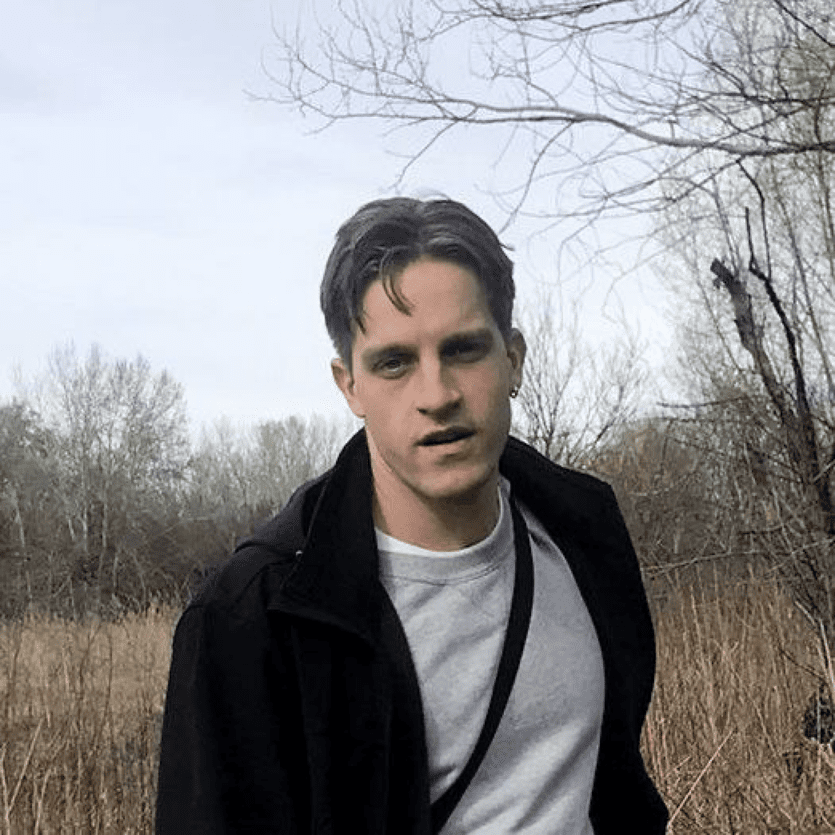This post is also available in Dutch .

Hello!
My name is Wieger and I’m a PhD candidate in the Predictive Brain Lab at the Donders Centre for Cognitive Neuroimaging. The general focus of my research is unveiling how the brain uses prediction to efficiently process perceptual information from our complex surroundings.
There’s infinite amounts of information in the world that we can sample with our sensory organs, but what our brains can process is rather finite. While myriad global changes might make the world seem flexible of kind, it never made any effort to make itself easier to perceive. Hence, our brains had to adapt by learning a way around our senses being constantly overloaded with irrelevant information, making survival feasible. The best working trick was to predict.
Despite being limited in how much we can process, our brains are very talented in extracting meaningful patterns from little information. With these patterns we can build useful models of the world, that allow us to complement the limited information we get by filling in what’s missing, and providing guidance about what to sample. Such extrapolations from patterns captured by our world models, are what we call predictions.
As we’ve evolved to predict inputs from the real world, my aim is to investigate predictive processing in settings more natural than the classic lab setting. For instance, I use artificial neural networks as models of the predictive brain to study how brain responses relate to the inherent predictability of image parts, perceived naturalistically. Furthermore, I investigate specific types of prediction that are based on general patterns in the world, to which we’re exposed on a daily basis, such as natural physical principles.
When not looking at brains using ridiculously sized magnets, I’m most likely sleeping, playing piano, doing a puzzle, collecting CD’s, reading, or cycling around in Amsterdam, where I reside.